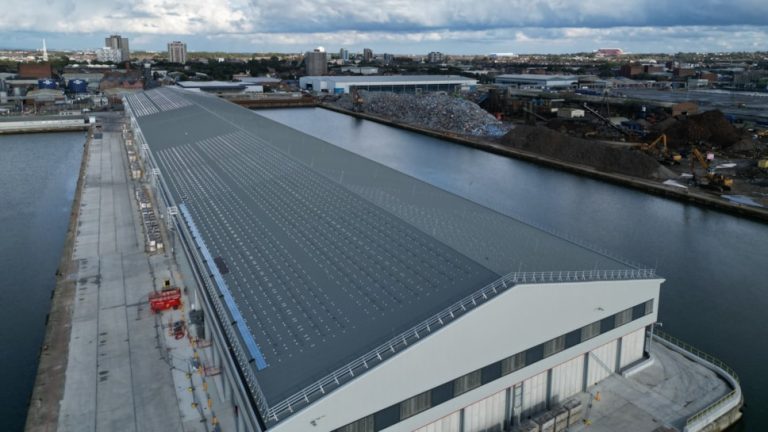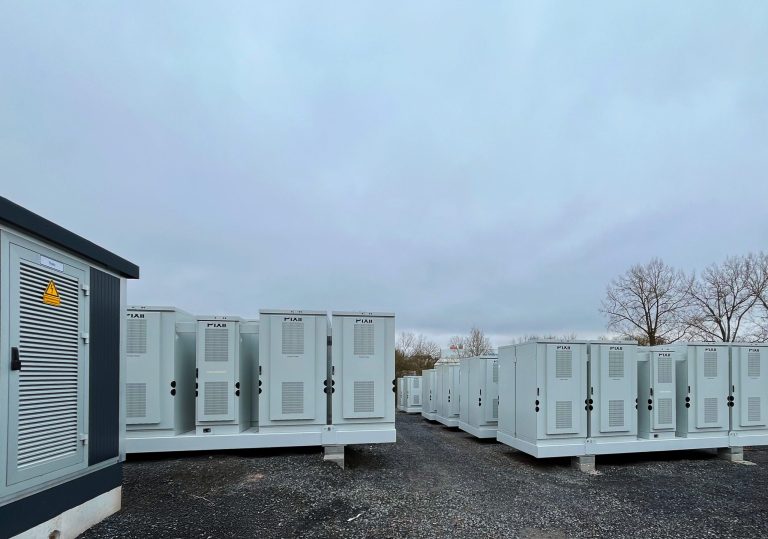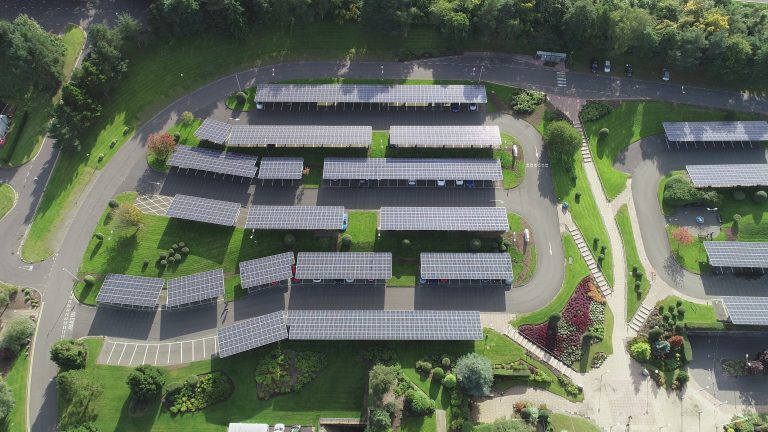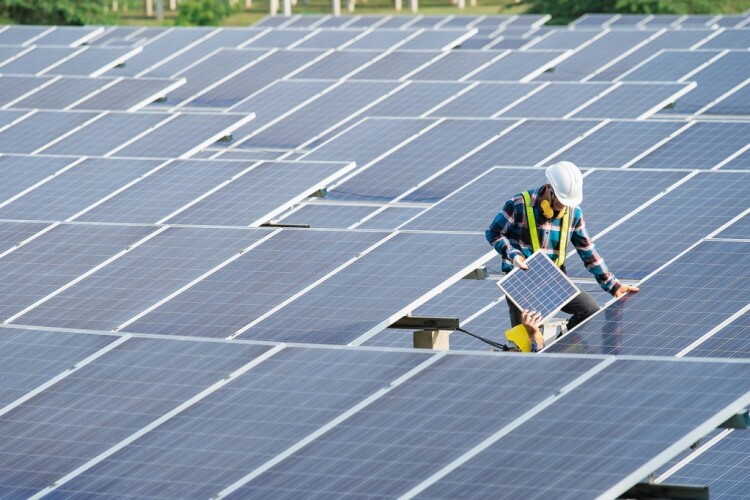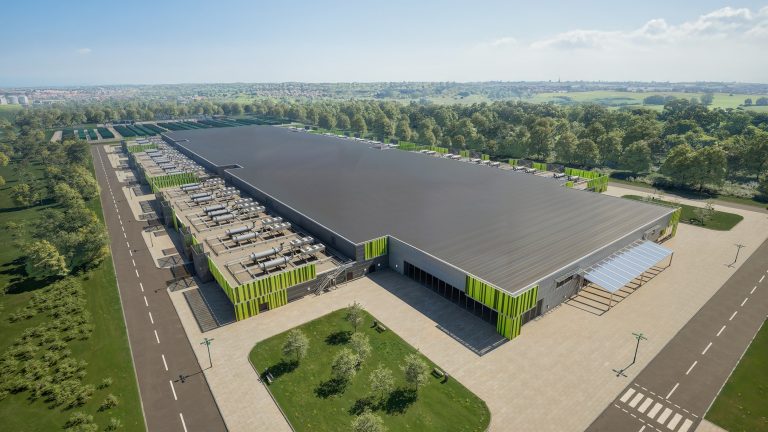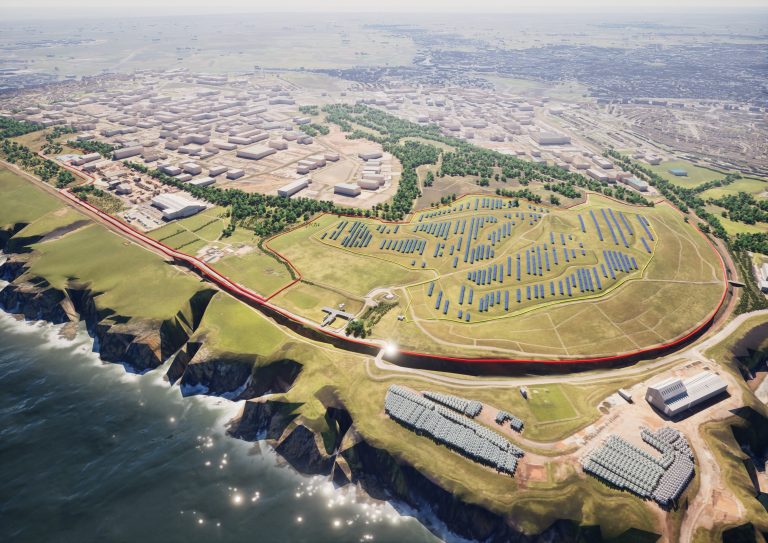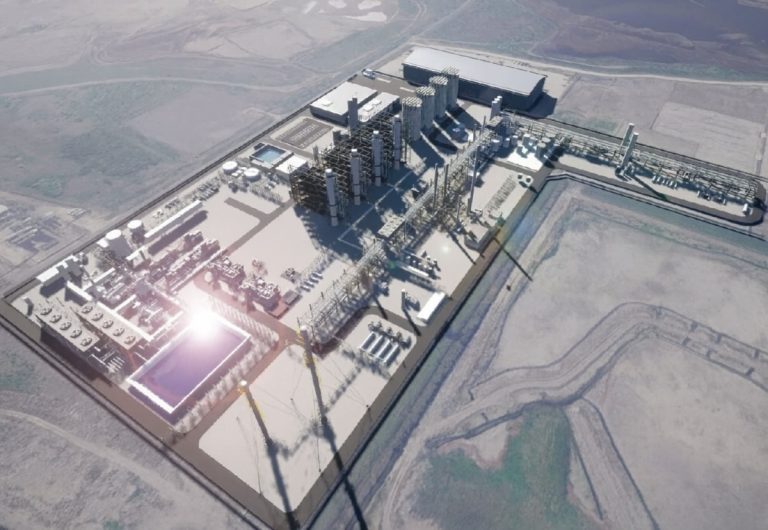Renewable energy developer Apatura plans to develop a £3.9 billion AI energy campus on the former Ravenscraig steelworks site, which could bring more than 2000 jobs to the area. The ambitious proposal includes a major 550MW data centre paired with a 650MW Battery Energy Storage System (BESS) to harness Scotland’s growing renewable power. The data centre would be a highly secure building that would house powerful computer servers that store, process and move vast amounts of digital information which powers emerging technologies and makes everyday life possible. An independent socio-economic study also calculated the centre would contribute an additional 0.4% to Scotland’s annual GDP once in use, generating around £766 million in Gross Value Added (GVA) during construction and £583 million in GVA to the local economy every year thereafter. These proposals support the wider Ravenscraig masterplan which is one of Europe’s largest brownfield regeneration and community creation projects. The vision for Ravenscraig is a self-sufficient community, with high quality housing, transport links, education and employment opportunities, all surrounded by beautiful green space and ancient woodland. Apatura continues to work closely with North Lanarkshire Council and Ravenscraig Ltd to advance the proposals alongside thorough consultation with the community. Response so far has been positive with 75% of attendees to the first consultation event in favor of the proposals. The second public consultation event takes place on Monday 6 October from 3pm at the Wellbeing Academy, New College Lanarkshire. Ravenscraig also awaits the outcome from the UK Government and The Department for Science, Innovation and Technology (DSIT) if Ravenscraig has been named as one of the UK’s AI Growth Zone sites (AIGZs). AIGZs are part of the UK Government’s Compute UK roadmap, a strategy to deliver new, sustainable AI infrastructure in high-potential growth regions across the country. In recent weeks DSIT announced Blyth in Northumberland and Cobalt Park in North Tyneside as the first AIGZ, which will support development of AI projects in the north-east and will ultimately boost economic growth and create thousands of jobs. Apatura CEO, Giles Hanglin, said: “We are confident in our proposals for Ravenscraig and the huge benefits this data campus would bring to local people, and the wider Scottish economy. The major investment, new jobs and training opportunities that our proposals bring would attract more people to the area and boost opportunities for the community to grow and thrive. “If we were selected as an AI Growth Zone it would be a significant endorsement of our ambition to make Scotland a powerhouse of AI-enabled digital infrastructure powered by Scotland’s vast renewable resource, beginning at Ravenscraig and extending across the central belt.” Russell Wilkie, Director at Ravenscraig Limited, added: “Ravenscraig is already transforming into the thriving, self-sufficient community we envisioned. With more than 1,000 homes, new park and sports facilities, college and biodiversity improvements already delivered, and further commercial development underway, we are making great progress. The proposal from Apatura represents a once-in-a-generation opportunity to accelerate that transformation further, unlocking thousands of skilled jobs, driving major inward investment, and positioning Ravenscraig at the heart of Scotland’s green and digital economy.” When wind generation exceeds what the grid can transport or use, known as curtailment, turbines are paid to switch off, wasting clean energy and adding to consumer bills. In 2024 alone, curtailment costs to UK taxpayers were estimated at around £1 billion, a figure expected to rise to over £3 billion by 2030. By using constrained wind power and storing surplus energy for later use, the Ravenscraig project would help ease grid congestion, reduce curtailment, and make better use of Scotland’s renewable resources, ultimately cutting waste and costs while powering a new generation of digital infrastructure. In addition to these economic benefits, the campus is being designed to recover and reuse heat from IT operations. Through a dedicated plant and heat exchange system, the project could capture and repurpose this otherwise wasted energy, with the potential to supply the equivalent heat demand of over 180,000 homes. Apatura collaborated with North Lanarkshire Council, SEPA, the Scottish Government and other local stakeholders to ensure the approach aligns with Local Heat and Energy Efficiency Strategies and national policy goals. Apatura plans to submit its proposals to North Lanarkshire Council before the end of 2025, and if approved, site remediation and construction would commence in 2026 with the Campus complete and fully operational by 2029.. For more information on the vision for Ravenscraig and latest news visit ravenscraig.co.uk. Building, Design & Construction Magazine | The Choice of Industry Professionals




